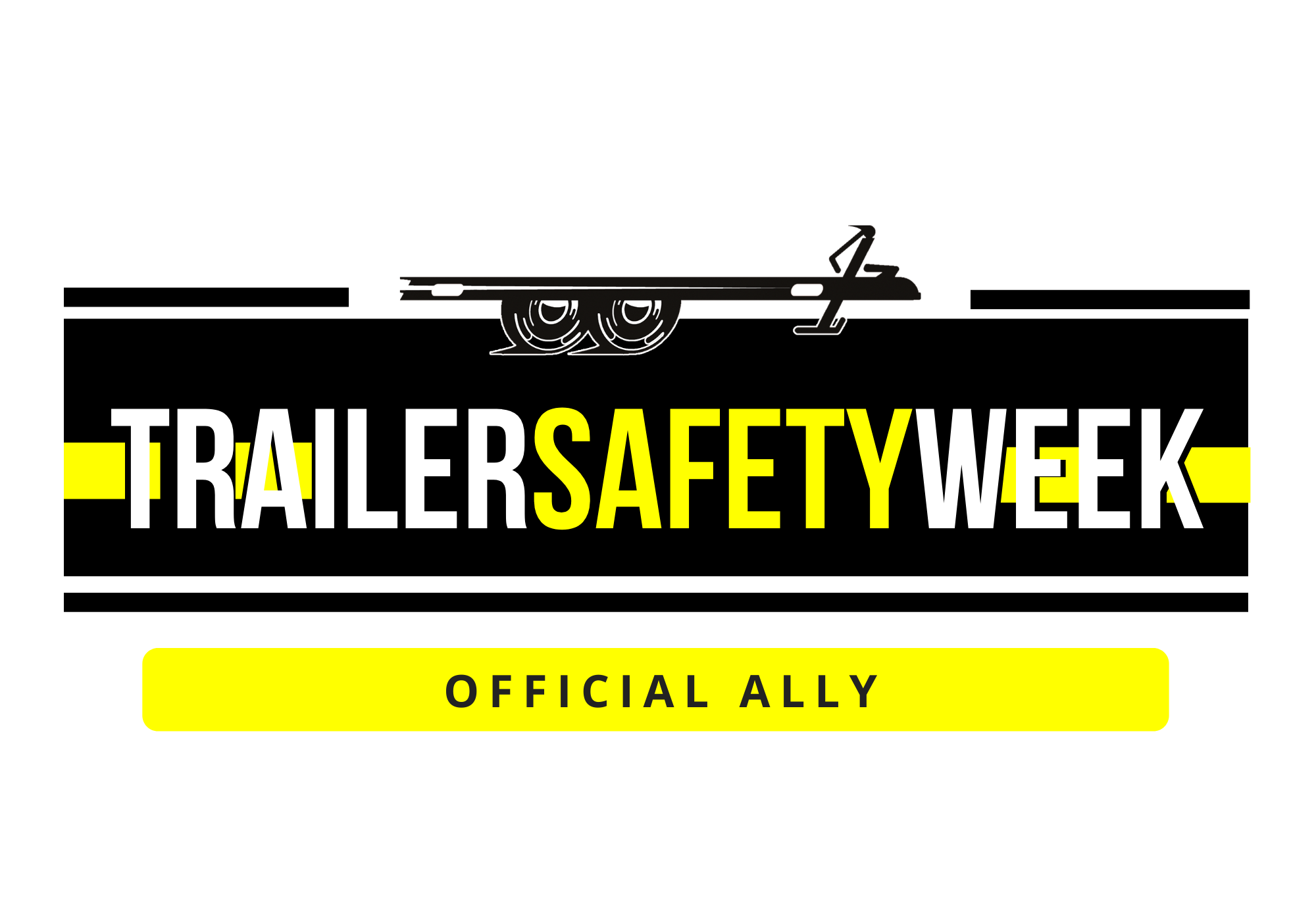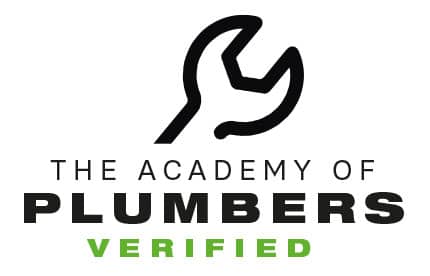National Poison Prevention Week
National Poison Prevention Week raises awareness of poison prevention nationwide during the third full week of March every year. National Poison Prevention Week was established by congress in 1961 and is an opportunity to highlight the dangers of poisonings for people of all ages and promote community involvement in poisoning prevention.
For all poison emergencies, make the call to 1-800-222-1222
Get help right away from a nurse, pharmacist, or another poison expert. If someone has trouble breathing, call 911 or your local emergency ambulance number right away.
Every day we use medicines, chemicals, and other products at home and work. Many of these products can be poisonous. Often poisons harm you when you don’t expect it to happen. It is important to be educated on how to prevent poisoning and properly respond to a potentially dangerous situation.
If you are looking for additional resources on poison prevention and educational material, click below to visit Health Resources & Services Administration’s website.
Importance of Poison Prevention Education
A poison is anything that can harm you if it is:
- used in the wrong way
- used by the wrong person
- used in the wrong amount
When a poison harms someone, that’s called poisoning. Most poisonings happen when poisons:
- are swallowed
- are splashed in the eyes
- come in contact with the skin
- are breathed in or inhaled
Some common poisoning risks:
- cleaning products
- vitamins and food supplements, like minerals and herbs
- medicines
- cigarettes and cigarette butts
- beauty products, perfumes, and nail polish removers
- carbon monoxide gas (CO) (usually from cars and heating devices)
- insect sprays, weed killers, and plant food
- car care products (such as antifreeze, wiper fluid, and motor oil)
- alcohol or drugs of abuse (such as pain killers and cocaine)
- plants in the house and yard
- animal bites and stings
Tips to Prevent Poisonings:
- Buy products that children can’t open easily. Be aware that child-resistant caps
- are not risk-free. Once a child learns how to open containers with these caps,
- they will not keep a child safe. A child will only take longer to open them.
- Keep medicines, cleaners, and other poisons out of sight. Keep them in cabinets
- that are locked or in cabinets that children can’t open.
- Be careful when using medicines, cleaners, and other poisons. Don’t leave
- them open when you answer the phone or doorbell. Replace the cap. Take
- the product with you. Poisonings can happen in just a few seconds.
- Always keep products in the containers they came in.
- Install carbon monoxide (CO) alarms in your home.
- Never take medicine in the dark.
- Be careful when taking more than one medicine. Read the labels to avoid an
- When taking more than one medicine at a time, make sure it’s safe
- to take them together. If you have a question about medicines, call Poison Help
- (1-800-222-1222).
If you think someone has been poisoned, remember:
- Keep Calm
Help is as near as your phone. Keeping calm will help you understand the advice and help the victim.
- Check the condition of the victim.
Call 911 right away if the person:
- has collapsed (is unconscious)
- has severe pain in the chest
- is having trouble breathing
- shows other life-threatening signs
- Call Poison Help (1-800-222-1222) even if there are no signs of poisoning.
Try to identify what poison is involved. If it is a product, bring its container to the phone.
- A nurse, pharmacist, or another poison expert will answer your call to Poison Help.
Be ready to tell the person:
- the name of the product
- the age and weight of the victim
- the amount of product involved
- what signs of poisoning you notice
- A poison expert will decide if the person is in danger.
The poison expert will give you the advice you need. The poison control center may stay on the phone with you while you get help, or call you later to follow up.
- Most calls can be handled at home.
If you need a doctor or ambulance, the poison expert will tell you right away




